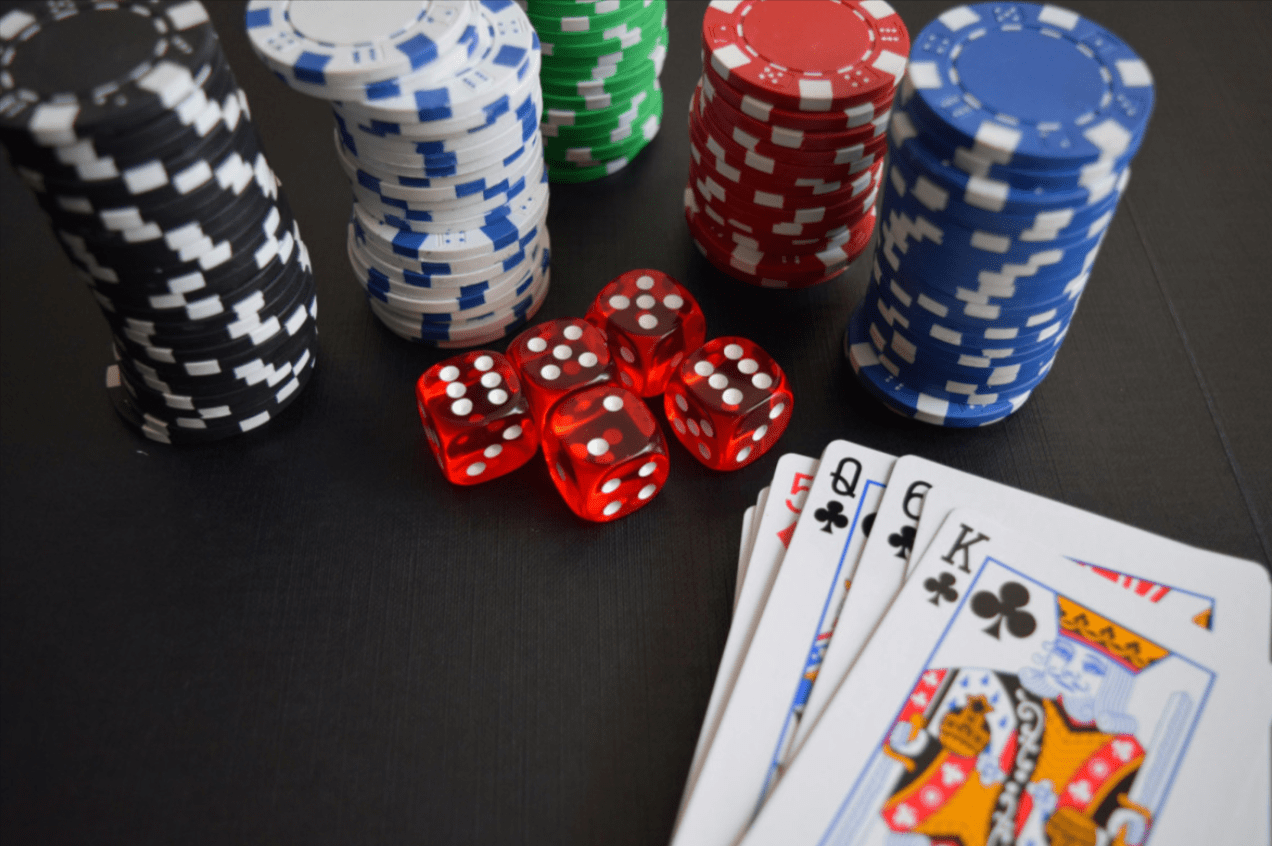Blackjack, also known as twenty-one, is one of the most popular casino card games in the world. The rules are simple – get your card total as close to 21 without going over. It’s you versus the dealer in a game that combines both luck and strategy. What if we changed the rules to make blackjack more of a skill-based game like chess?
Adopting Chess-Like Tournament Rules
Typically, blackjack tournaments at Royal Casino and other websites are played under the same rules as a casual blackjack game. Players compete to see who can grow their starting stack of tournament chips the most over a set period of time. But this format still allows for a substantial luck element, where one unlucky run of cards can eliminate even the most skilled player.
To emphasize expertise over randomness, what if we made blackjack tournaments adopt format rules more akin to competitive chess:
- Longer timed rounds to allow deep strategic thinking
- heads-up match play rounds with opponents of similar ranking
- Use of chess clocks to prevent stalling
- Judges available to resolve action disputes
- Master level “grandmasters” ranked by a competitive points system
These changes would shift the focus onto mastering blackjack strategy chart decisions rather than relying on short-term positive variance.
Complex Opening Moves and Middle Game Plans
If blackjack were treated more like a turn-based strategy game, top players would analyze countless complex opening move tree possibilities, just like chess grandmasters spending hours on early game scenarios.
The increased time controls would allow players to implement middle game “plans” based on the early card reveals of both the player and dealer hands. This could include planning for different branching decision paths many cards ahead on the tree before those next cards are dealt.
Timing when to take strategic risks like double downs or splits would replace simplistic “basic strategy” with dynamic meta-game decision making. You would see much more varied approaches between different blackjack playing styles.
Using Chess Tactics and Gambits
With more rounds against the same opponent, blackjack would also start incorporating chess-like tactics and gambits to deceive and trap opponents:
- Tricking them into making suboptimal deviations
- Bluffing weak hands to induce costly double downs
- Making intentional mistakes on less meaningful hands to set up a surprise devastating blow on a key hand
This metagaming back and forth between the psychological and mathematical elements would create a battle of wits reminiscent of a chess match. Preparing for popular opponent-specific tricks would be equally as important as practicing the strategy chart decisions themselves.
Master Level Grandmasters Use AI Assistance
At the highest levels, we may even see”grandmasters” start to utilize AI neural networks to help analyze move decisions:
- Databases on opponent historical statistics
- Real-time equity calculators for unique card combinations
- Simulation engines to run multiple round outcome probabilities
While this technology augmentation may be seen as controversial by some blackjack purists, it would be necessary to compete at the lofty world champion level in our fictional game format. The informational arms race would further separate the strategic masters from the casual competitors.
Final Thoughts
Altering blackjack tournaments to emphasize skill over luck could create a vastly different competitive scene compared to recreational casino play:
- More emphasis on strategic expertise than positive variance
- Incorporation of long-term tactics and mind games
- Data and technology assisted play at the master level
- A points-based ranking hierarchy of grandmasters
While this fictional game format is unlikely to materialize in real world casinos, it’s fun to imagine an alternate reality where blackjack tournaments started to resemble the competitive depth and rigorous preparation of chess championships. It would add a cerebral element that would strongly appeal to mathematical and strategic enthusiasts.
